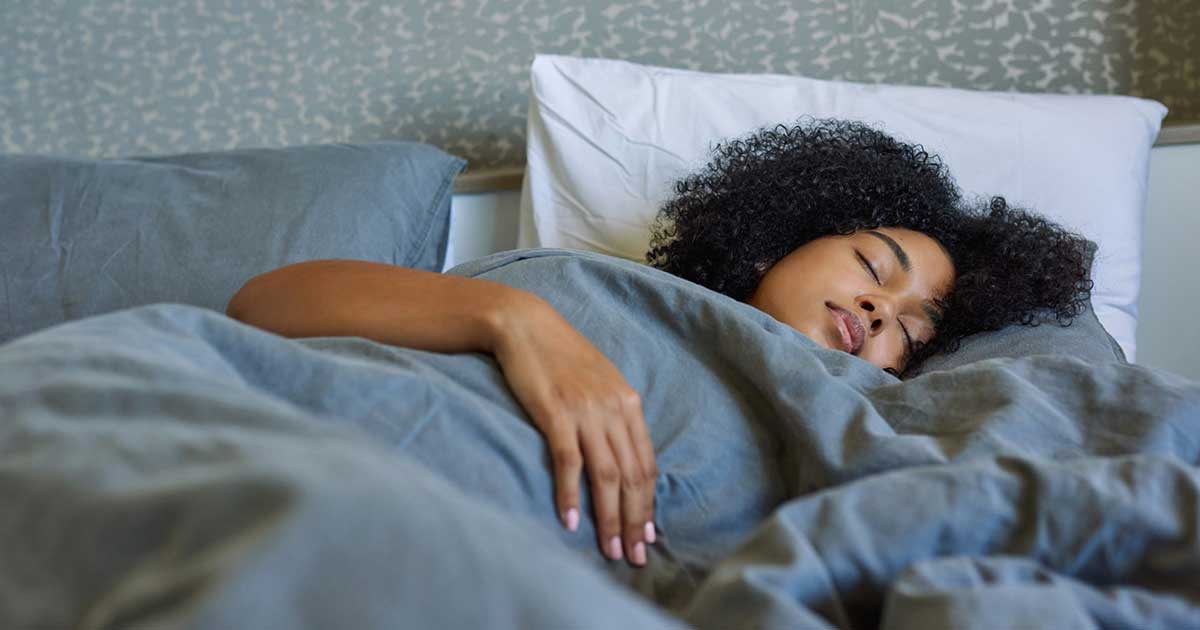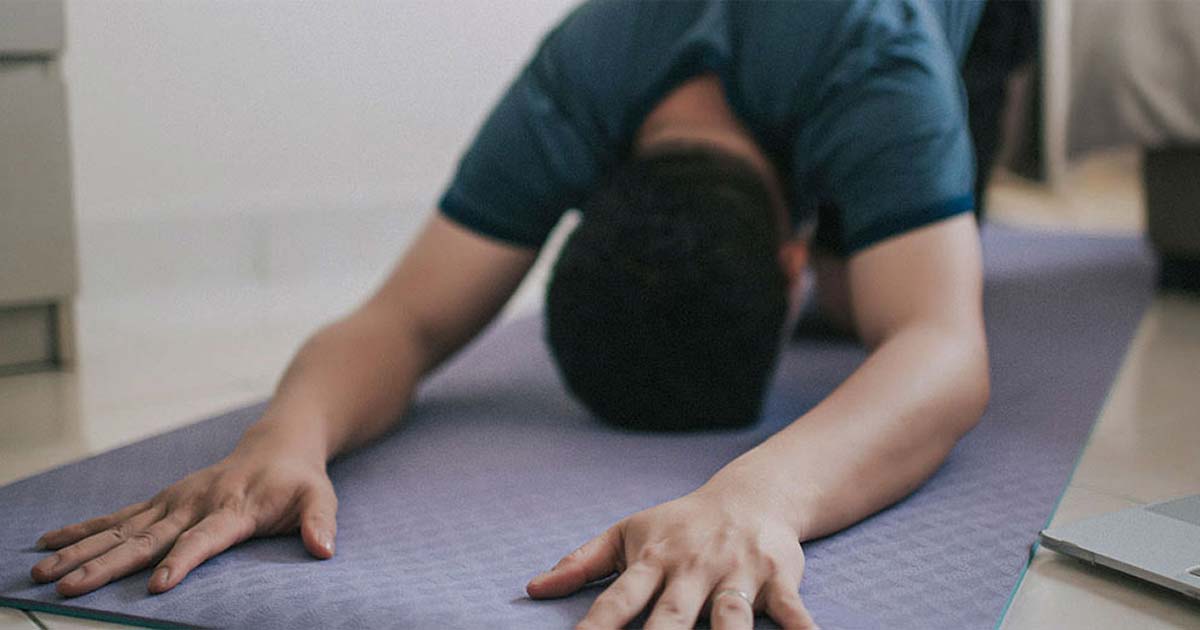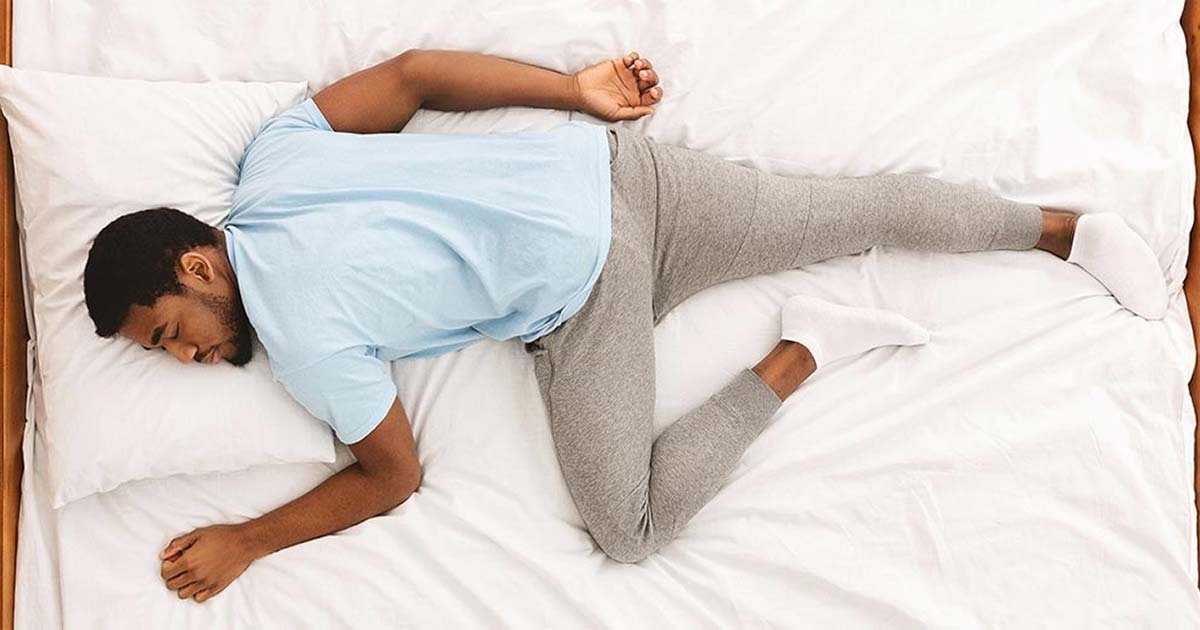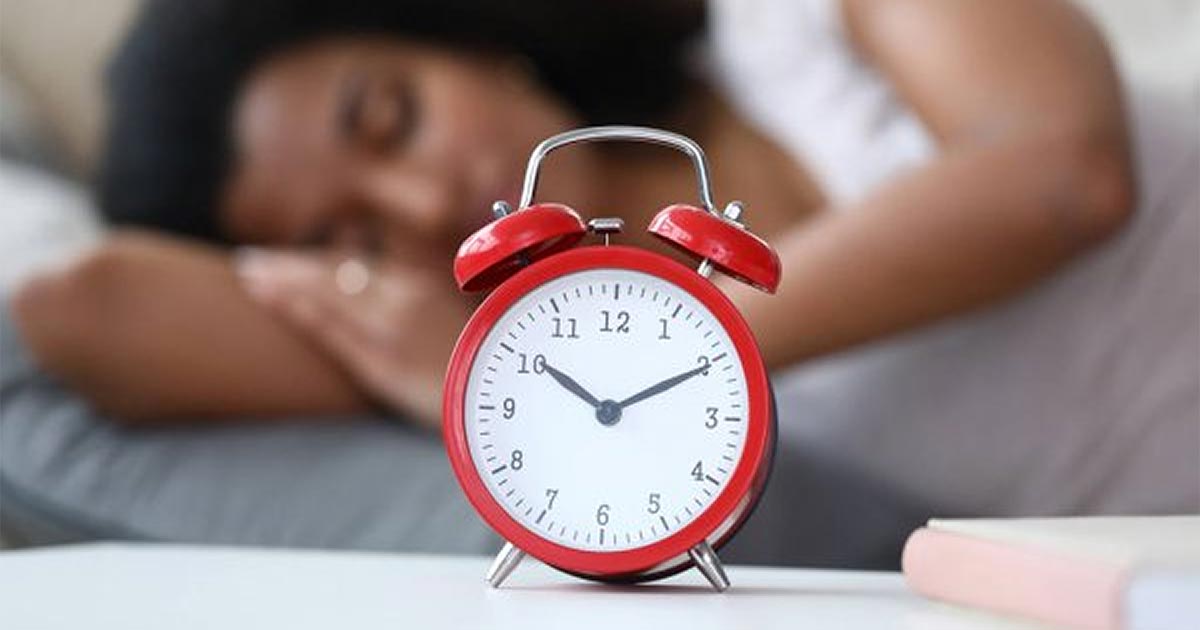How to Improve Sleep Quality
Advice to improve your movement, fitness, and overall health from the world's #1 in orthopedics.
The quality of your sleep is just as important, if not more important, than the number of hours of sleep. Getting high-quality, restorative sleep — one of the six pillars of lifestyle medicine — can improve your cognition (thinking abilities), reduce pain, decrease stress and give you more energy, among other benefits. Heidi Prather, DO, who leads the HSS Lifestyle Medicine Program, shares guidance for improving your sleep routine so you'll spend more days feeling awake, refreshed and energetic.

How much sleep should I be getting?
The general recommendation is seven or eight hours. There's a mantra in our society that it is stoic to go without sleep and push through to get things done. However, this can really take a toll on your health over the long term.
It is also important to understand how many of the hours you are lying in bed are actually spent going through the four stages of the sleep cycle to attain restorative sleep. Wearable devices can help do this by measuring both the quantity and quality of your sleep. If you're spending nine or 10 hours asleep at night but you're tired the next day, there may be something else going on — such as obstructive sleep apnea, when you actually stop breathing for short spells several times a night.
What are the stages of sleep?
You'll have the best sleep quality if you experience all four stages of sleep. If you miss even one stage, you won't feel your best the next day. The four sleep stages are:
- Falling asleep. This is when your body prepares for sleep and releases melatonin, the hormone your brain produces to regulate your sleep-wake cycles. Rising melatonin levels make you feel drowsy. Your body also starts to cool down in preparation for sleep.
- Early onset. This middle stage is vital because it is when your body repairs its cells.
- Late sleep. Cell repair continues during this stage and rapid eye movement (REM) increases. Your body also takes up leptin, a hormone that helps us manage our emotions. Low levels of leptin can increase your feeling of fear. Leptin is also an appetite suppressant, which explains why getting sufficient sleep is important for weight management. During late sleep, the neurotransmitter serotonin is reabsorbed, which helps us feel good the next day and think clearly and also regenerates our muscles.
- Gradual awakening. Your body makes less melatonin and begins to warm up to prepare you to awaken.
What are the most common sleep complaints?
Musculoskeletal pain can interfere with sleep quality, and not getting good sleep can make pain feel worse. People also report trouble falling asleep, waking up during the night and having difficulty falling back to sleep, waking up too early or feeling tired the next day even though they believed they slept enough hours.
What happens if you don't get enough high-quality sleep?
There is ample research reporting the adverse health effects of poor sleep, including:
- Not being able to think clearly or perform tasks well the next day
- Feeling chronically tired
- Increased risk of cognitive issues, such as dementia
- Higher perception of pain
- Greater risk of cardiovascular disease, hypertension (high blood pressure) and metabolic disorders (such as type 2 diabetes)
What can I do to create better sleep habits?
You can begin by establishing a consistent bedtime routine within 30 to 60 minutes of the time you want to sleep that prepares your body to wind down. I often advise patients to reduce their exposure to sleep-inhibiting stimuli such as:
- Light. Many of us are on our phones or tablets right up until bedtime. Dial back the light by putting your phone away (ideally not in your bedroom), dimming the lights before bed and avoiding any other screen time (such as television or computers) within an hour of bedtime. Natural light during the day, however, has a beneficial effect, so it's a good idea to take a 10 to 15 minute walk outside each afternoon if you can, which helps regulate melatonin release.
- Heat. If your bedroom is too warm, it can make it challenging for your body to cool down. Reduce the temperature in your room by lowering the thermostat in the cool weather, turning up the air conditioner in the summer or opening a window.
- Caffeine, sugar and alcohol. You should limit these substances in your diet anyway, but especially within a couple of hours of bedtime. Also avoid eating right before bed.
- Anxiety and rumination. Dwelling on stressful thoughts is a common cause of insomnia. Introduce a calming ritual into your wind-down time, such as listening to peaceful music, reading a book or doing a gentle yoga, meditation and rhythmic breathing practice.
- Exercise. Physical activity is very important for health, but exercising within one to two hours of sleep boosts production of the hormone cortisol, which delays the release of melatonin. Try to finish your workout earlier in the day or in the early evening.
How important is sleep posture?
Your sleep positions can definitely influence how well you sleep. This is especially pertinent for people with arthritis and other musculoskeletal problems. I speak with my patients about what positions make them feel better or worse in bed and how they can achieve better sleep postures. For example, many people with low back pain who sleep on their sides feel better when they place a pillow between their knees.
What about medications for sleep? Are they okay to use?
Some are and some are not. Speak with a doctor to find out what is best for you. Most sleep medications are meant to be taken for a short while, but many people use them long-term. Here are some examples:
- Melatonin. It's generally safe to take a melatonin supplement to help you fall asleep and establish a healthy sleep cycle.
- Psychiatric medications. Some older psychiatric drugs may help reset your sleep cycle, and antidepressants can help you sustain sleep. If you take these medications, speak with a physician about using them for sleep.
- Anti-anxiety medications. Although these drugs can help you fall asleep quickly, they interfere with establishing a proper sleep cycle and should therefore be avoided.
Other medications you may be taking can sometimes interfere with good sleep quality. Have a chat with your doctor to see if any of the drugs you take for other conditions may impact your ability to fall asleep or stay asleep or if they make you too sleepy.
How a Lifestyle Medicine Specialist Can Help You with Your Sleep
The Lifestyle Medicine specialist will begin by asking you questions about what you are experiencing, such as:
- How many hours a night do you think you are sleeping?
- Do you feel rested in the morning?
- Do you experience pain at night or when you wake up?
- Do you know if you snore?
- If you sleep with someone else, do they tell you that you snore or notice that you are not breathing regularly?
You'll also be asked about your daily routines to see if any of them may be getting in the way of a good night's sleep. In addition, your overall health will be assessed to determine if you are at risk for sleep problems. For example, people who are overweight or obese have a greater chance of developing sleep apnea, and losing weight may help resolve sleep apnea.
With more information about your sleep, the specialist will make recommendations about things you can do to create a better sleep routine. If you still have trouble sleeping, you may be referred to a sleep specialist who may perform testing in a sleep lab to gather more information.
Get a Better Night's Sleep
Restorative sleep is one of the six pillars of lifestyle medicine, along with good nutrition, physical activity, stress management, avoiding risky substances and social connection. If you are interested in improving your sleep routine, find out how lifestyle medicine may help you. Lifestyle Medicine services at HSS are provided in person and through telehealth. Call 212-774-7653 for more information.
Published 10/25/2022





